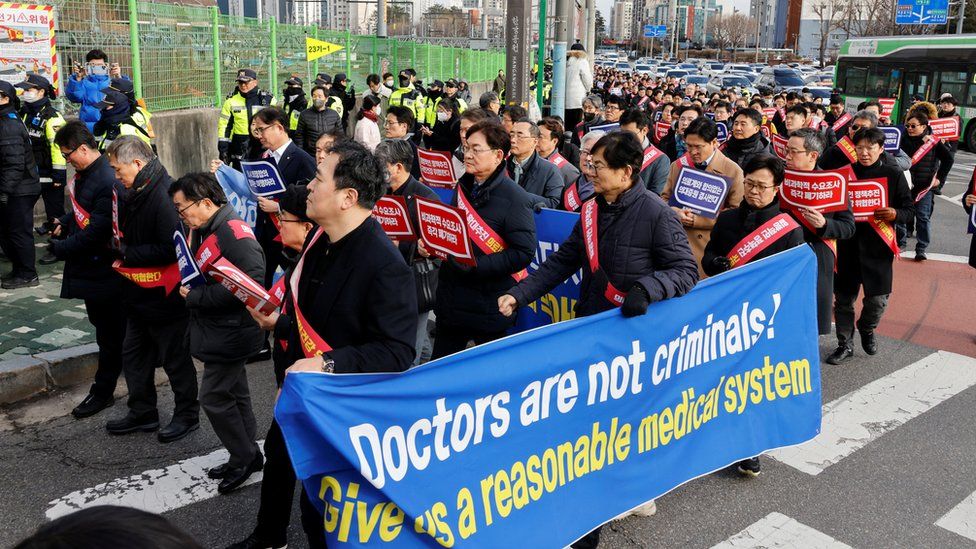
The South Korean government has issued a warning to thousands of striking junior doctors, stating that legal action will be taken and their medical licences may be revoked if they do not resume work by Thursday.
Approximately 75% of the nation’s junior doctors have gone on strike in the last week, leading to disturbances and postponements of surgeries at prominent teaching hospitals.
The trainee doctors are expressing their opposition to the government’s proposal to enrol a significantly higher number of medical students in university annually, aiming to boost the overall number of doctors in the system.
South Korea is facing a challenge with its doctor-to-patient ratio, especially due to its ageing population. The government is predicting a significant shortage of doctors in the next decade.
This week, the deserted hallways of St Mary’s Hospital in Seoul offered a preview of what the future could hold. Hardly any doctors or patients were present in the triage area outside the emergency room, and patients were advised to avoid coming.
Ryu Ok Hada, a 25-year-old doctor, and his colleagues have been absent from the hospital for more than a week.
“It’s strange not waking up at 4 a.m.,” Ryu quipped. The junior doctor shared with the BBC that he was accustomed to working over 100 hours per week, sometimes going 40 hours without sleep. “It’s crazy how much we work for such meagre compensation.”
Even though salaries for doctors in South Korea are considered high, Ryu points out that due to their long hours, he and other junior doctors may end up making less than the minimum wage. According to him, increasing the number of doctors will not address the underlying problems in the healthcare system that result in them being overworked and underpaid.
In South Korea, healthcare is predominantly privatised yet remains affordable. According to doctors, the costs of critical surgeries and specialised care are too low, while non-essential procedures such as cosmetic surgeries are overpaid. As a result, medical professionals are choosing to pursue higher-paying opportunities in urban areas, resulting in a shortage of staff in rural regions and overcrowded emergency rooms.
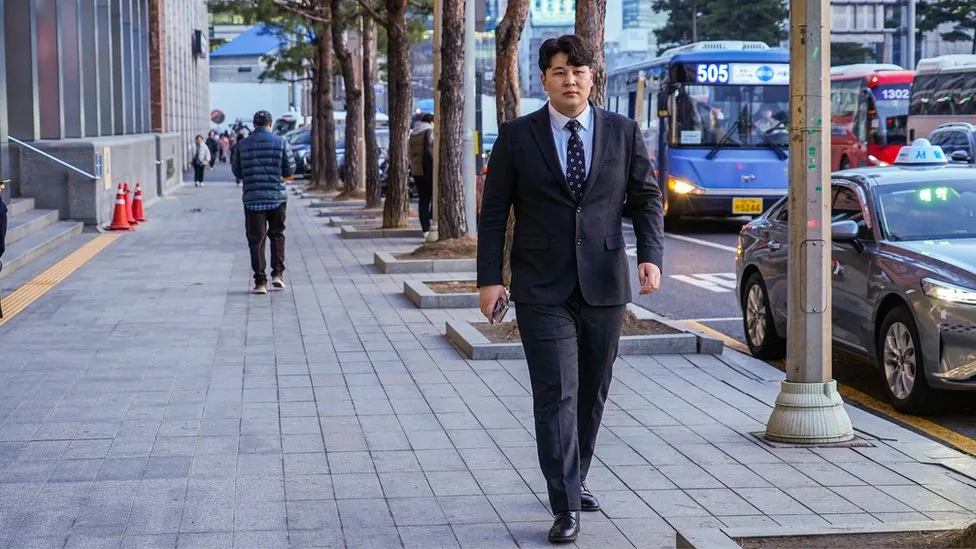
Ryu, with one year of experience, highlights the issue of trainee and junior doctors being taken advantage of by university hospitals for their inexpensive work. At some of the bigger hospitals, they account for over 40% of the staff, playing a crucial part in maintaining operations.
Due to recent developments, the surgical capacity at certain hospitals has decreased by 50% in the last week. The impact has primarily been on scheduled procedures, which have been delayed, with only a small number of critical care cases being impacted. On the previous Friday, an elderly woman who was experiencing a cardiac arrest passed away in an ambulance following reports that seven hospitals declined to provide treatment.
According to government officials, the patient had terminal cancer and her passing was not connected to the walkout.
There are currently no medical professionals available.
Both the public and healthcare workers are growing frustrated with the doctors and the extra workload they are facing. Nurses have expressed concerns about having to perform tasks in operating theatres typically done by doctors.
Ms Choi, a nurse at a hospital in Incheon, shared with the BBC that her shifts had been prolonged by an hour and a half daily, and she was currently handling the workload of two individuals.
“The patients are anxious, and I am frustrated that this is ongoing without a resolution in sight,” she expressed, encouraging the doctors to return to work and explore alternative methods to express their concerns.
According to the government’s plans, the university’s intake of medical students for the upcoming year will increase from 3,000 to 5,000. The doctors on strike believe that increasing the number of physicians in training would lower the quality of care by granting medical licences to less skilled practitioners.
However, the doctors are finding it challenging to persuade the public that having more doctors would not be beneficial and have received little support. On Tuesday, at Seoul’s Severance Hospital, 74-year-old Mrs. Lee was undergoing treatment for colon cancer after travelling for over an hour to reach the hospital.
“In the rural area where we reside, medical professionals are scarce,” she mentioned.
“This issue has been neglected for far too long and requires a solution,” Soon-dong, Lee’s husband, expressed. The doctors are displaying selfish behaviour. They’re holding us patients captive.
The couple expressed concern about additional doctors participating in the strike and indicated their willingness to pay extra for their care in order to help resolve the dispute.
President Yoon Suk Yeol’s approval rating has seen an increase since the walkout started, which may discourage the government from initiating system reforms and increasing costs right before the upcoming elections in April.
Both parties are currently engaged in a heated standoff. The health ministry is not accepting the doctors’ resignations and is warning of legal action if they do not return to the hospitals by the end of the day.
Park Min-soo, the vice-health minister, announced that individuals who fail to meet the deadline will face a minimum three-month suspension of their licences.
The government announced that it will initiate proceedings on Monday.
Hoping that the possibility of facing penalties will convince doctors to return to work, as almost 300 out of the 9,000 striking doctors have already come back.
Some individuals who have left their positions think that the government’s forceful tactics might influence public perception. On Sunday, the Korean Medical Association will decide if senior doctors should be part of the trainee physicians. If a large number of their junior colleagues have been arrested, they are more likely to take action.
Ryu expressed his readiness to face arrest and risk losing his medical licence, stating that if the government did not show flexibility or address their concerns, he would leave the profession.
“The medical system is in dire straits and if things persist in this manner, it is doomed to fail,” he remarked. “I’ve had experience with farming in the past, so maybe I could return to that.”


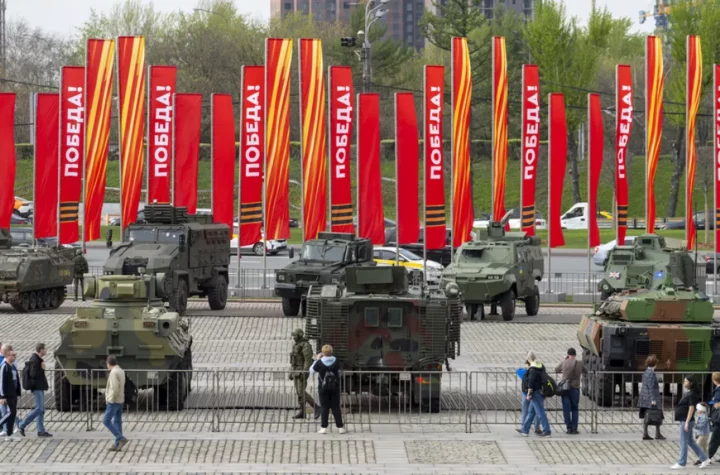
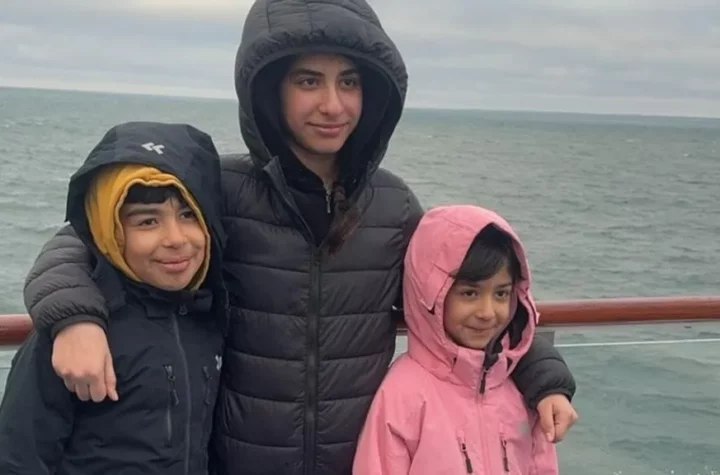
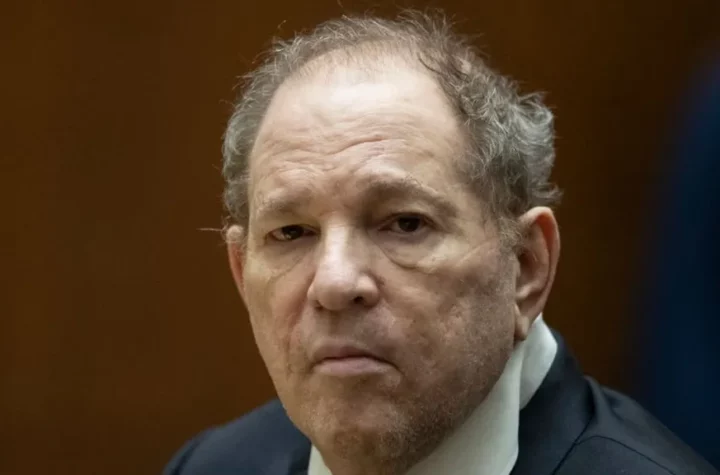
More Stories
Russia Displays US Military Equipment it has taken During the Conflict in Ukraine
‘I could not protect her’: A Dad Mourns his Child Killed in the Channel
Weinstein to Appear in Court After his Conviction Reversed